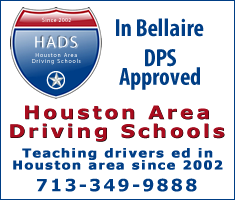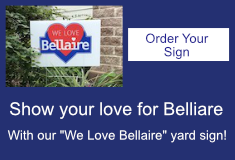In his latest blog post, Mayor Friedberg announced that the City of Bellaire will acquire ten more ALPRs as a Phase 2 pilot project.
From Mayor Friedberg:
Bellaire’s first ten automated license plate readers (ALPRs) were installed as a pilot project in January 2021. Deployed at strategic locations along our major thoroughfares, special cameras capture license plate data and send out an alert to the police department whenever they record a hit on a “hot list” vehicle. The program has been such a success in its initial year that (1) those original ten ALPRs are now being funded in the police department budget on an ongoing basis, and (2) we’re acquiring ten more units as a Phase 2 pilot project, supported once again by a grant from the Bellaire Police and Fire Foundation.
The system has proven its value as a law enforcement tool in Bellaire. Over the course of this first year we got 996 hits on wanted vehicles, of which the police apprehended 452; these stops resulted in the recovery of 66 stolen vehicles. Not included in those statistics, of course, are the crimes potentially prevented by those stops, and by the deterrent effect of the cameras generally.
The ALPRs have also been useful in tracking down vehicles wanted in connection with crimes that have been reported in Bellaire. When witnesses provide only generic descriptions, such as “a late model white sedan,” for example, officers can use that information in searching the database for any matching vehicles that were picked up by one of the ALPRs around the time of the offense. The department credits the cameras with helping increase case closure rates, and improving efficiency by automating what is otherwise a tedious, manual process of pursuing such leads in an investigation.
At an annual cost of $27,500, budgeting for the continuation of the first ten ALPRs beyond the Phase 1 trial period was a no-brainer. For the next ten, the plan is to install seven of them at strategic locations not already covered, and the remaining three will be mobile for use in investigations and for traffic counts as part of the City’s traffic management program. As before, we’re under no obligation with respect to the second set of ALPRs after the Phase 2 pilot, and will simply wait and see how things go before making that decision.












